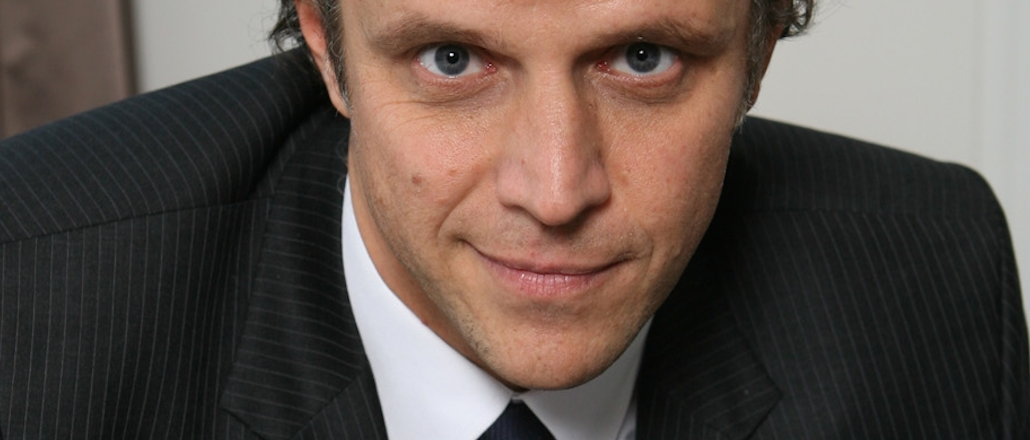Secure your place at the Digiday Media Buying Summit in Nashville, March 2-4

Digiday covers the latest from marketing and media at the annual Cannes Lions International Festival of Creativity. More from the series →

This week, we’re buttonholing ad execs to ask them how Cannes is going.
Today, it’s the notoriously press-shy CEO of Publicis Worldwide, Arthur Sadoun, who is holding forth at a large table on the terrace of the Majestic Hotel with a giant leaflet outlining his big vision to transform the French agency. “I give it to everyone I meet,” he said. The brochure sketches out the details of his plan to grow and transform Publicis through efforts like the Drugstore, the startup incubator in Paris, London and, more recently, Sydney.
Digiday caught up with him for a a couple of double espressos.

How late were you out last night?
Not too late. Yesterday, we were reinventing advertising with some bright planners over dinner. I usually don’t drink before 10 p.m. But yesterday I had a couple of glasses of wine.
How’s Cannes going?
I’m starting to become an old veteran at Cannes. I’m behaving as a very old man, sitting in my chair all day. In the last six to seven years, things have radically changed. You can see two things. The first one is, we were Agency of the Year four years in a row from 2002 to 2006. We won in four major categories: print, outdoor, radio and TV. You needed 10 to 13 Lions to become Agency of the Year. Now, you get those many in half of an evening. It means there’s a radical change in the value we give to great work.
What are you doing at Cannes this year?
We reduced our participation this year by more than 50 percent. To come here, either you are coming to my creative meeting Friday, you’re judging or you have client meetings. That’s because we’re in an industry where we need to heavily invest in our transformation. So you have to make some choices. You can’t come to everything. The money we’re saving is going somewhere else.
What does your “transformation” look like?
Technology alone doesn’t deliver the value we need to make our business model work. So let’s get our basics right. Having the right talent is important. Secondly, we need a vision. In this fast-moving, changing world, we believe we have to be the preferred creative partner of our clients in their own transformation. It’s not about how we transform Publicis. It’s about how we transform our relationship with clients. We have to reinvent the creative process. We have to nurture startup culture. And we have Nurun, our new digital network that is embedded into Publicis that will help us become our clients’ preferred creative partner.
Is talent a problem for you?
We don’t have a problem today with recruiting. But it’s with retaining. They’re all going to platforms. The young generation doesn’t want to wait five years before being in charge.
What’s the most provocative thing you’ve said recently?
Ad blockers are an opportunity. I am assuming that our clients will continue to invest the same amount of money because they understand the importance of building strong products and services. When you see the number of contact points and interactions with the consumer, we just have to be creative and lead that change in a bold way.
More in Marketing

WTF are tokens?
When someone sends a prompt or receives a response, the system breaks language into small segments. These fragments are tokens.

AI is changing how retailers select tech partners
The quick rise of artificial intelligence-powered tools has reshaped retailers’ process of selecting technology partners for anything from marketing to supply chain to merchandising.

YouTube’s upmarket TV push still runs on mid-funnel DNA
YouTube is balancing wanting to be premium TV, the short-form powerhouse and a creator economy engine all at once.





